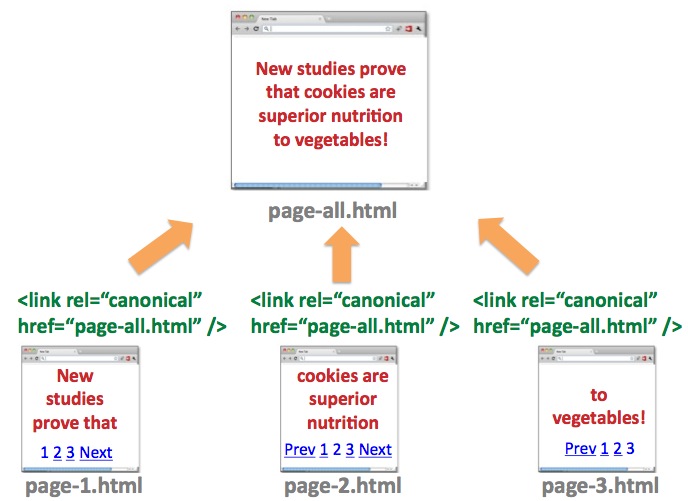Trust Company Dreaming In Black And White Zip Up One Piece

When Thompson became pregnant she was 25, living in Los Angeles and working as a model. She and her boyfriend got engaged and moved back to Milwaukee, Wisconsin. She’d grown up on the city’s north side, a predominantly African-American neighborhood with pockets of deep poverty, in a zip code known for having the highest incarceration rate in the United States. Thompson went to all of her medical appointments, took prenatal vitamins, and stayed in shape. On her birthday, she wrote on Facebook that the only gift she wanted was “a healthy mom and baby.” But she also wrote about how hard it was to be pregnant in a city where there was “nothing to do that’s fun and safe. Hindi Wedding Dance Songs Mp3 Download. ” Thompson got married in April 2013, and a month later went into labor.
Dungeons And Dragons Solo Adventures 4e Pdf Viewer more. Back in the day, before murals were being used by mayors and real-estate agents to drive up apartment prices, graffiti was seen by most as a scourge on the neighborhood. Now, with a fancier name, “street art” is a multi-million dollar affair and is welcomed by city councils worldwide as a way to lure the. You’ve got problems, I’ve got advice. This advice isn’t sugar-coated—in fact, it’s sugar-free, and may even be a little bitter. Welcome to Tough Love.
Forty hours later, Terrell was born. He lived less than half that time, due to “complications” with the delivery. By the time Thompson got home, all of the baby’s things had been moved to the basement. She’d gotten to hold him for five minutes.
Thompson sank into a depression. She thought about suicide. On her birthday, she received divorce papers; by the next summer, she was on the verge of homelessness.
She often felt angry that the hospital didn’t save her son. But mostly she asked herself, “What did I do wrong?”. Each year in the United States, more than 23,000 infants die before reaching their first birthday Each year in the United States, infants die before reaching their first birthday. Though the mortality rate varies widely by state and county, the average in the United States is higher than in the rest of the world’s wealthy countries, worse than in Poland and Slovakia.
Because infants are so vulnerable, their survival is considered a benchmark for a society’s overall health. What our infant-mortality rate tells us is that, despite spending more money on health care than any other country in the world, the United States is not very healthy. Looked at closely, it reveals that particular groups of Americans are starkly unwell.
White, educated American women lose their infants at rates similar to mothers in America’s peer countries. Most of the burden of the higher mortality rate here is borne by poorer, less-educated families, particularly those headed by unmarried or black women. Across the United States, black infants die at a rate that’s more than twice as high as that of white infants. The disparity is acute in a number of booming urban areas, from San Francisco—where black mothers are more than six times as likely to lose infants as white mothers—to Washington, DC. In the capital’s Ward 8, which is the poorest in the city and over 93 percent black, the infant-mortality rate is 10 times what it is in the affluent, predominantly white Ward 3.
5 The year that Terrell died, a mother in war-torn Libya had better odds of celebrating her child’s first birthday than Thompson did. Milwaukee has one of the worst infant-mortality rates of all major urban centers in the United States, and the racial gap is threefold. (Four other Rust Belt cities count among the 10 with the highest rates of infant death: Cleveland, Detroit, Indianapolis, and Columbus.) Over the past decade, more than 100 babies, at least 60 of them black, have died in Milwaukee each year, about two-thirds of them because they were born early or small. “We literally embody the societal and ecological conditions in which we grow up and develop and live.” Bevan Baker, Milwaukee’s commissioner of health, is one of the people trying to reverse the trend. “If 100 people died from tuberculosis, then you would have a whole different approach,” Baker said.